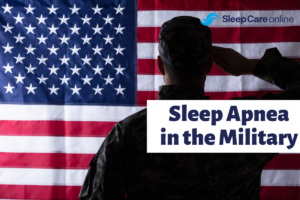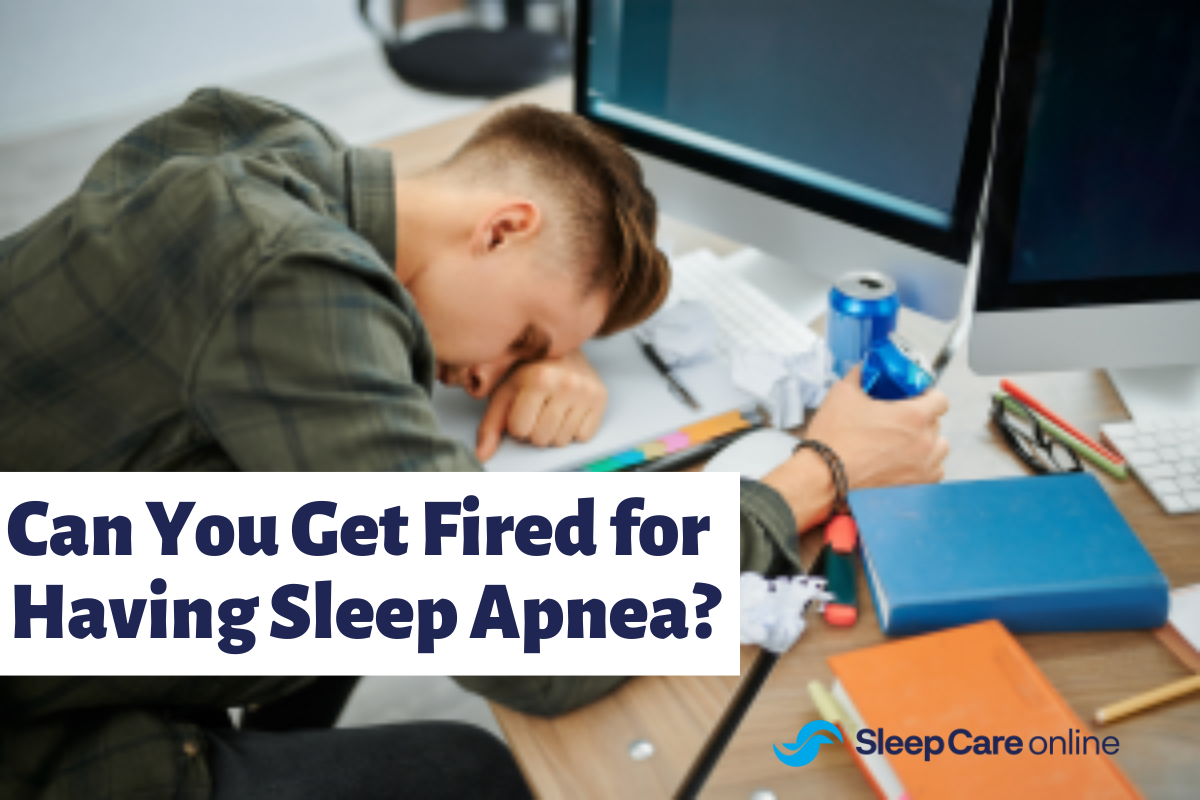While approximately 39 million U.S. adults have obstructive sleep apnea, the risk increases for those who serve in the armed forces. The demands of military life, whether you experience combat or not, can affect healthy sleep and contribute to sleep apnea.
Can You Serve in the Military with Sleep Apnea?
The severity of your sleep apnea may affect your eligibility for military service. Armed forces rely on the readiness of their troops, and sleep deprivation can impair performance. However, in some instances, deployment with the proper CPAP equipment may be acceptable on some missions.
Why Is Sleep Apnea Common While in The Military?
For many service men and women, sleep apnea may become a problem during their military enrollment. Erratic schedules and frequent travel are typical of military life and can affect healthy sleep. For those serving in combat, traumatic experiences can cause an emotional and psychological impact that can further disrupt sleep.
What Can Cause Sleep Apnea in The Military?
In civilian life, schedules can be consistent and defined by personal preference. The military’s schedules change constantly, from night to day work shifts. Deployment can also lead to sudden changes in location, often across time zones, which can play havoc with the circadian rhythm.
For those directly engaged in combat the trauma of war can impair healthy sleep dramatically, even after deployment has ended.
How Sleep Apnea Affects Military Service Members
The 2021 Health of the Force report indicates that nine percent of service members had a sleep disorder, with rates ranging from 4 to 19 percent across military installations.1 Service members learn during military life to get sleep when they can, which leads to short light-sleep naps rather than prolonged periods of sleep. Deep sleep is necessary for personal health.
Deeper levels of REM sleep are required to help the body and mind restore itself from the day’s activities. Without this restoration, service members can become chronically drowsy during waking life, depressed, anxious, irritable, and worse —impaired by lack of sleep.
How Can Military Service Members Get Tested for Sleep Apnea?
For some service members, treatment for sleep apnea is possible while continuing their military careers. Deployment conditions vary, but in some circumstances, proper treatment for sleep apnea is preferred over ending deployment because of the sleep condition. It all begins with sleep apnea testing. For some severe cases of sleep apnea, in-lab studies may be required. But for most cases of obstructive sleep apnea, home sleep apnea tests are the most convenient approach.
Sleep apnea tests can be conducted wherever a service member is deployed. Home sleep apnea tests are easy to use and provide comparable results to in-lab sleep studies. A sleep care doctor will review the results and provide a follow-up telehealth call to discuss the next steps. Learn more at Sleep Care Online.
References
- Hauschild, MPH, Defense Centers for Public Health-Aberdeen, US Army. Military recognizes importance of sleep, investigates use of alternative treatment device for sleep apnea. March 15, 2023.





